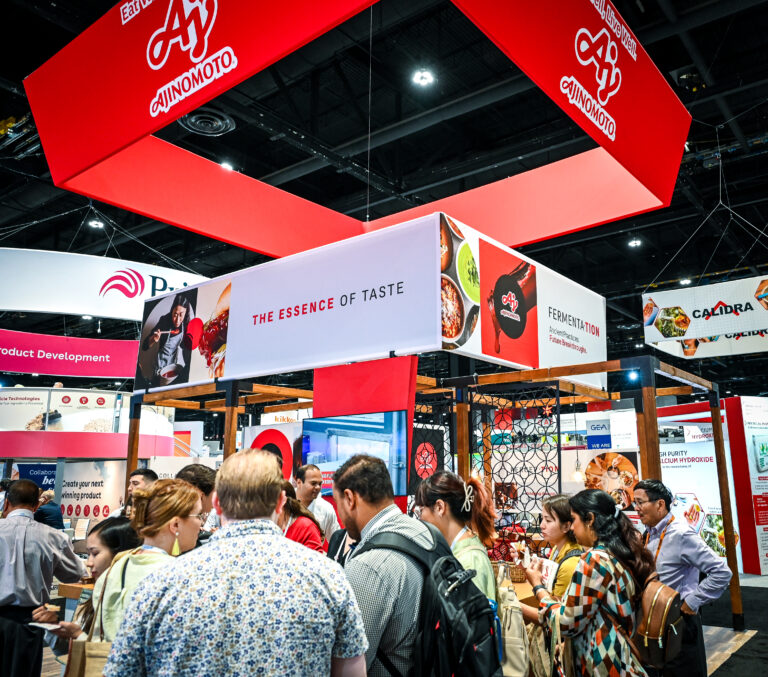Is MSG (Monosodium glutamate) finally coming off industry unacceptable ingredients lists? In a major step forward, the Whole30 diet – a popular 30-day food plan known for its strict rules around eating only whole, minimally processed foods – recently announced that MSG is no longer off-limits, citing current science on MSG’s safety, it’s xenophobic history and the company’s strong DEI values. As the umami pioneers and leading global manufacturer of MSG, the Ajinomoto Group is elated to hear that organizations like Whole30 are revisiting their lists using science-based selection criteria and leading a future of organizations rooted in transparency and credible nutrition guidance.
Wondering why MSG received its stigma in the first place? In the 1960s, a wave of anti‐Asian xenophobia created a nationwide panic about MSG. That baseless fear had an immediate impact on a vulnerable group of Americans: Chinese restaurant owners.
To survive the backlash, they were forced to prominently display “No MSG” signs on menus and storefronts. Soon, other restaurants and food products adopted that same misleading symbol. Now decades later, Americans still lack the understanding and appreciation of a beloved seasoning that’s enjoyed in countries around the world.
The Ajinomoto Group set out to change that understanding by launching a campaign called ‘Know MSG’ that encourages consumers to learn for themselves about the impactful sodium reduction capabilities of this ingredient as well as recipes, safety studies, and much more. Through these efforts and the efforts of organizations like Whole30, we hope to open people’s minds to this beloved original umami seasoning and unabashedly love MSG again.
To read the original article on the decision by Whole30 to remove MSG from its list, please visit here: Is MSG Okay on Whole30? A Change to the Whole30 Rules


